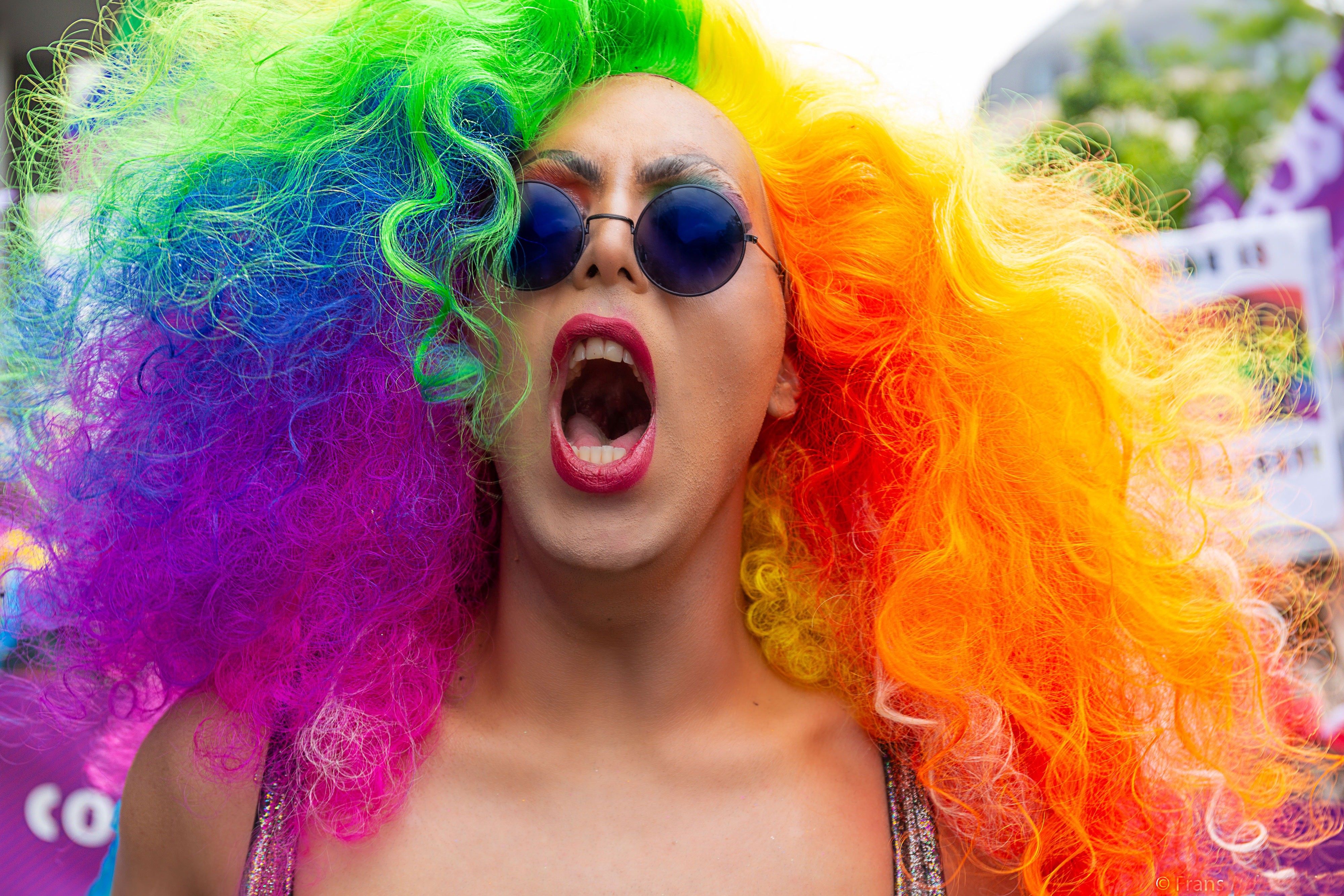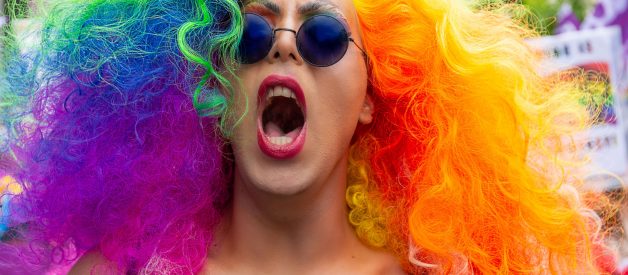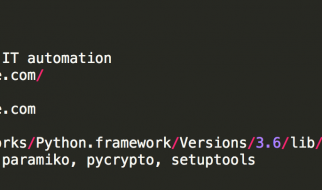Bisexual individuals make up 52% of the LGBTQ+ community yet we are still stigmatised by both gay and straight people
 Photo by FransA from Pexels
Photo by FransA from Pexels
I hate it when people call themselves bicurious. I understand why people think it?s a good idea. They want to dip their toe before swimming in the ocean. Even I have been guilty of it at some point. However, people don?t seem to understand how this ?innocent? label can add to biphobia.
Bisexuality is stigmatised in both society and the LGBTQ+ community ? even though we reportedly make up 52% of the latter. As for why we are so stigmatised ? people don?t take us seriously. For men, bisexuality as a whole is seen as a cop-out. If a man is bisexual people automatically assume that they are taking a half step, too scared to come out as gay yet. Studies have even shown heterosexual women find bisexual men less attractive than heterosexual men, with one of the main reasons being their perceived femininity. Bisexual women, on the other hand, are seen as curious, promiscuous and straight.
In the media, biphobia is still rampant, just recently Big Mouth had a major slip up where they claimed (incorrectly) that it is binary. Though the definitions of pansexuality and bisexuality can overlap/vary from person to person. In actual fact, bisexual means you are attracted to two or more genders (not just two) and pansexual means you are attracted to someone regardless of gender.
Implying bisexual people can not be attracted to transgender people on a multinational show aimed towards teenagers and young adults was reckless and irresponsible. Biphobia is so bad that lesbians and gay men have been found to have nearly identical prejudice against bisexuals as heterosexuals. With many individuals struggling to live openly as bisexual individuals.
There are times when I wonder if I would have better luck if I lied about my sexual orientation. I can?t tell you the number of women who have lost interest in me as soon as they found out I was bisexual. Because of this impact to dating, we are statistically less likely to come out, with one survey finding that compared to 71% of lesbians and 77% of gay men, only 28% of bisexual individuals shared their sexual orientation.
A different report found that bisexual individuals are prone to higher rates of depression, anxiety, self-harm and suicide, all of which are embedded in biphobia. Not to mention, Bi youths have a higher incidence of suicidal thoughts and suicide attempts than gay and lesbian youths as well as a higher risk of truancy and bullying.
Saying you are bicurious may seem harmless but it has deadly consequences. It?s important to remember that while bisexuality is a crossing road for some, for others it is our destination. Through your confusion and self-reflection, you are adding to and promoting biphobia.
I can understand the hesitation and the uncertainty some will feel. Claiming a label is a big and scary step. But please be mindful before you do. Your actions can have unintended consequences for the rest of us.
Use queer, say you don?t want to label yourself or that you?re heteroflexible. Say you?re questioning if you must. But please delete bicurious from your vocabulary. Don?t say, ?I think I?m bisexual?? Don?t write about a label you don?t claim. And be cautious with your words.
I did not spend years wanting to come out of the closet only to be pushed back in due to ignorance and biphobia. If you decide to come out, I?m sure you?ll feel the same way too.
I am a sex-blogger and editor of the publication ? Tinder[ella] Chronicles! A home for all my sexy content! You can expect to find my sex tips, erotica, embarrassing stories and more!


